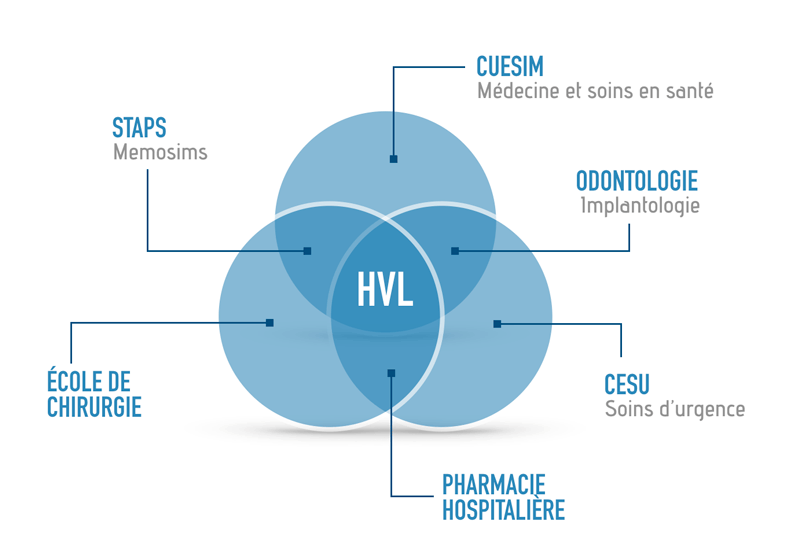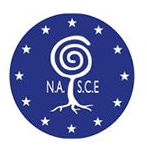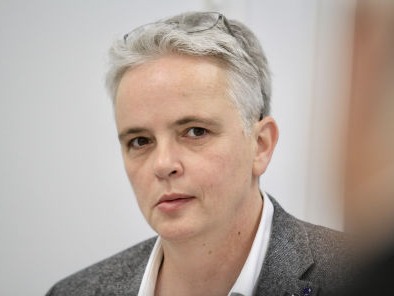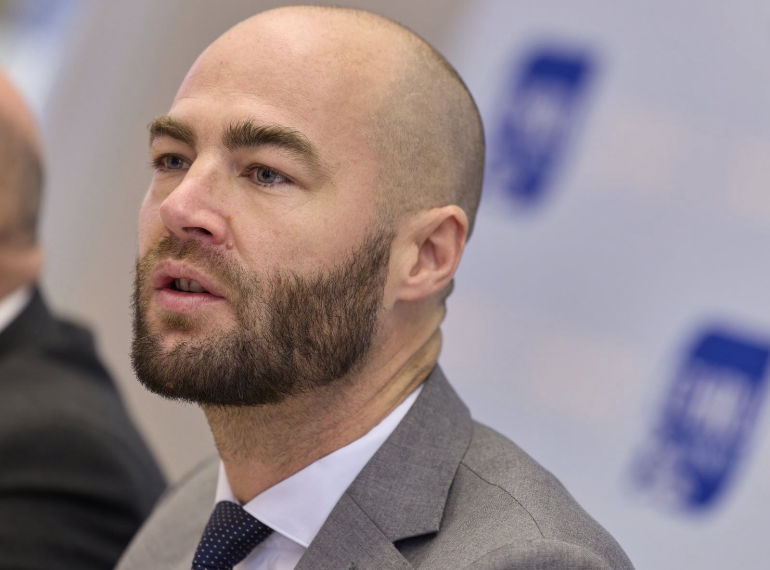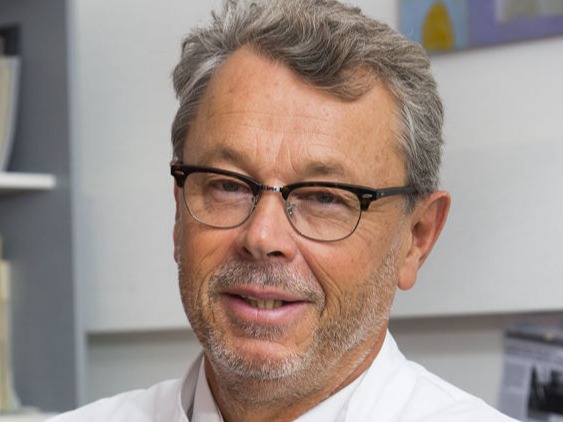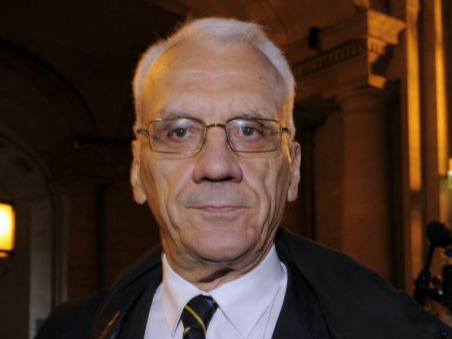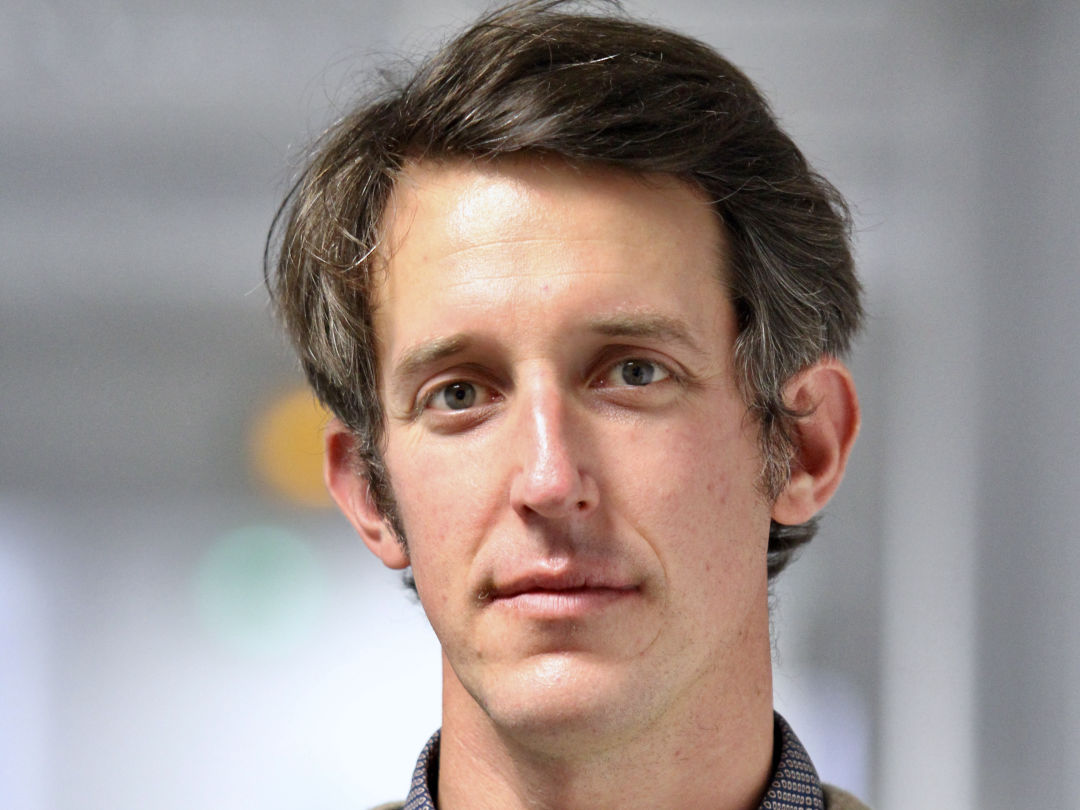
Dr Nicolas BERTE
Paediatric Surgeon,
Trainer in robotic surgery,
Doctor of the University of Lorraine
• Medical studies and internship in Nancy.
• Hospital Practitioner in Paediatric Surgery, practicing abdominal, urological, thoracic and gynaecological surgery on preterm infants, children and adolescents. Practice of mini-invasive surgery (coelioscopy and thoracoscopy) and robot-assisted surgery.
• Holder of Inter-University Degrees in Robotic Surgery and Medical Education and Simulation.
• Member of the French Society of Paediatric Surgery (SFCP) and its Scientific Committee. Member of the Francophone Society of Paediatric and Adolescent Urology (SFUPA).
• Trainer at the School of Surgery and Lorraine Virtual Hospital (HVL) since 2013, specialising in robotic surgery. Supervision of practical sessions for Inter-University Degrees (DIUs) in robotic surgery, and robotic gastrointestinal surgery.
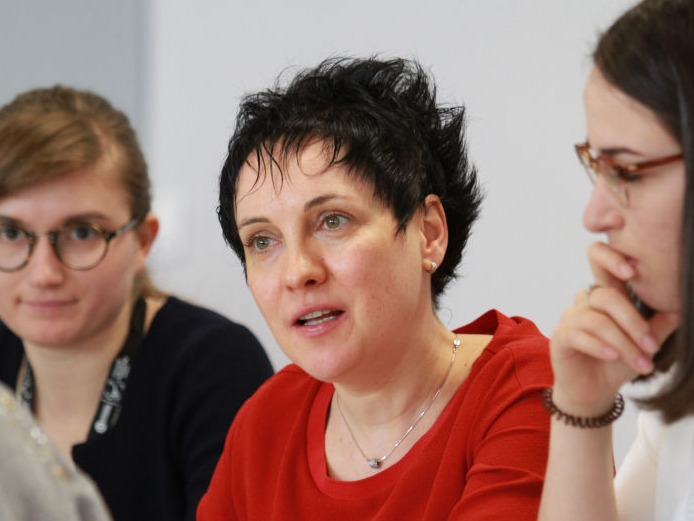
Dr Eva FEIGERLOVA
Paediatrician and Endocrinologist
Senior Lecturer and Hospital Practitioner (MCU-PH) in the Endocrinology, Diabetology and Nutrition Department, Nancy Regional University Hospital Centre (CHRU)
• Membre du Conseil Scientifique de la Délégation à la Recherche Clinique et à l'Innovation, CHRU de Nancy
• Membre du Groupe Expert Médico-Économique, Commission Médicale de l’Établissement, CHRU de Nancy
Educational activities:
• Participation in the Inter-University Diploma (DIU) in Medical Pedagogy
• Member of the Francophone Society of Simulation in Healthcare’s (SoFraSimS) Educational Committee
• Member of the Docimology Commission
Personal training in pedagogy:
• Inter-University Diploma (DIU) in Pedagogy and Simulation
• DIU in Medical Pedagogy
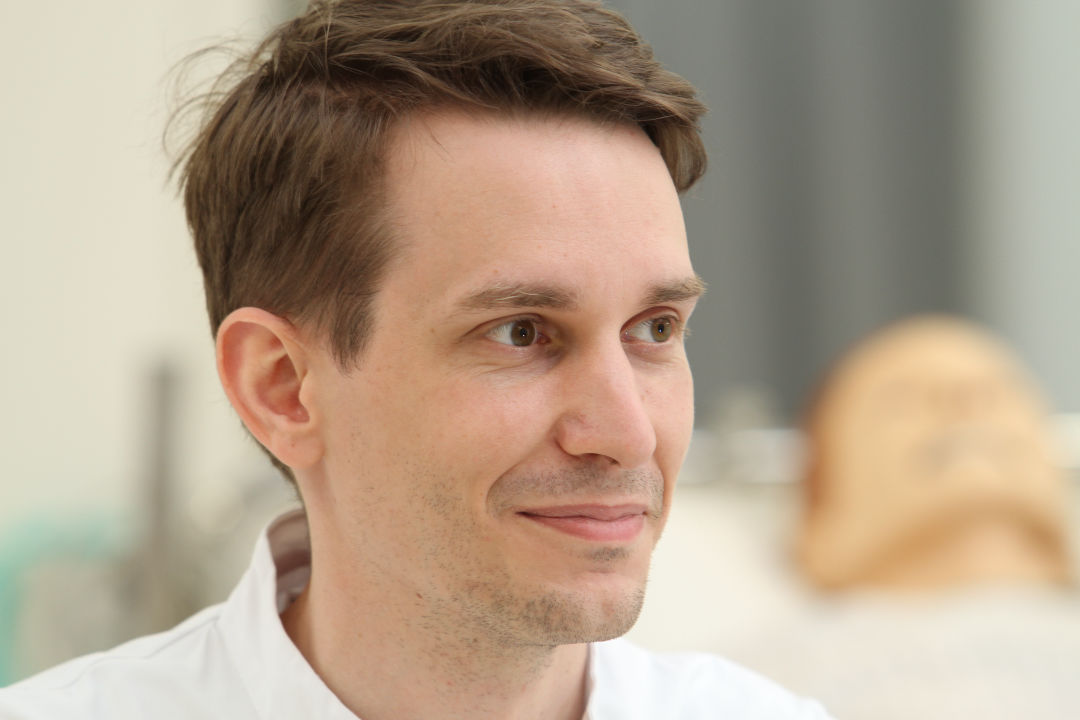
Simon VALENTIN
Medical training:
Doctorate in Medicine, Nancy Faculty of Medicine, University of Lorraine
Specialisations:
• Diploma of Specialised Studies (DES) in Pneumology-Addictology, Nancy CHRU • Diploma of Specialised Studies in Medical Resuscitation
• Inter-University Diploma (DIU) in Pulmonary Vascular Diseases
• Master’s 1 in Biosciences and Health Engineering
• Master’s 2 in Biology, Physiology and Pharmacology of Respiration
Clinical involvement:
• Respiratory Intensive Care Unit, Pneumology Department, Nancy CHRU
• Competence Centre for Severe Pulmonary Hypertension
• Intensive Medicine and Resuscitation, Nancy CHRU
Clinical and fundamental research interests:
• Chronic pulmonary vascular diseases
• Respiratory impairment due to chronic inflammatory diseases of the intestine
• Respiratory physiology: cough reflex among asthmatics
• COVID-19: respiratory sequelae
Educational projects:
Physician - Nurse - Physiotherapist interdisciplinarity in Pneumology
• Treatment of a case of acute hypercapnic respiratory failure
• Treatment of a tracheotomised patient
• University Diploma (DU) in Pedagogy and Medical Simulation (enrolment in September 2021)
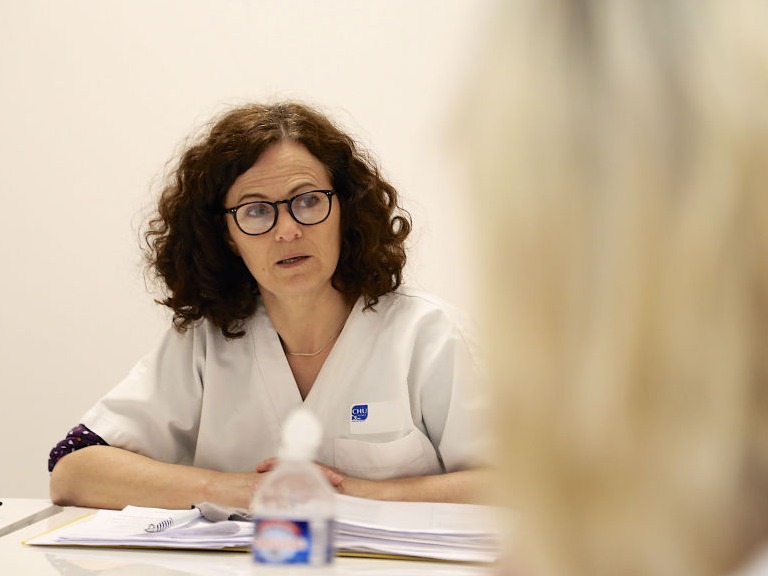
Rosa LOPES
• Registered Nurse/Teacher at CESU 54 (Emergency Care Training Centre) and in medical resuscitation at Nancy CHRU
• Trainer in emergency first aid
• Trainer of trainers in emergency first aid
• Participant in the training of trainers in simulation and in the DIU in Simulation
Interests: communication in healthcare, teamwork, clinical reasoning
• DIU in Pedagogy and Simulation in Healthcare – University of Nancy
• Master’s 2 in Pedagogy in Health Sciences – University of Strasbourg (Research theme/subject: communication in healthcare)
Member of Nancy CHRU’s Operational team in exceptional health situations
Member of Nancy CHRU’s Users Committee
Member of the “Être Médecin” Teaching Group on medical students’ communication skills
Member of the group of actors participating in OSCE Stations for medical students
